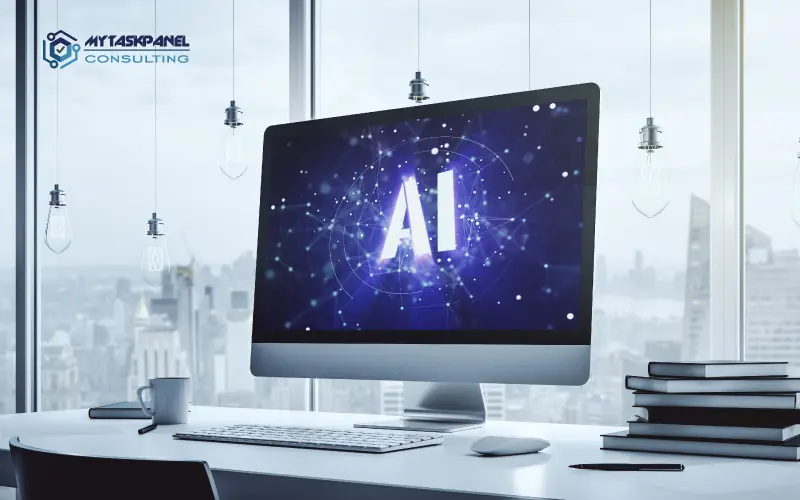In the digital era we live in, artificial intelligence (AI) has emerged as a disruptive technology that is transforming multiple aspects of our lives. One of the areas where AI is having a significant impact is in software development. The convergence of artificial intelligence and software development has triggered an unprecedented technological revolution. AI is transforming how applications are created, improved, and utilized, driving innovation and opening new opportunities in the digital world. In this article, we will explore how AI is powering software development, automating processes, enabling intelligent decision-making and enhancing human-machine interaction.
Automation and process enhancement in development
Artificial intelligence offers automation capabilities and process improvement in software development. By using machine learning algorithms and natural language processing techniques, AI can assist in automating repetitive and tedious tasks, allowing developers to focus on more creative and high-value activities. For example, AI systems can automatically generate source code from specifications or requirements, speeding up the development process and reducing human errors.
Furthermore, artificial intelligence can enhance software quality by identifying patterns and anomalies in the code. Machine learning algorithms can analyze large volumes of code to detect potential vulnerabilities or errors, helping to make early corrections and prevent future issues. This leads to more reliable and secure software. Therefore, AI should be viewed as a key assistant to developers rather than a potential replacement.
Machine learning for intelligent decision-making
Machine learning is a branch of artificial intelligence that has revolutionized how applications are developed. By leveraging large datasets and sophisticated algorithms, machine learning enables software systems to learn and improve over time without explicit programming.
In software development, machine learning is used to create predictive models and intelligent systems capable of making data-driven decisions. For example, in the realm of e-commerce, machine learning algorithms can analyze user behavior and provide personalized product recommendations, enhancing the customer experience and increasing sales.
Likewise, machine learning is employed in fraud detection and risk analysis, allowing organizations to identify and prevent fraudulent activities more efficiently. This is relevant in sectors such as banking and insurance, where early detection of suspicious behaviors can prevent significant losses.
More natural human-machine interaction
Artificial intelligence is also enhancing the way users interact with software. AI systems are enabling a more natural and seamless interaction through natural language processing and speech understanding. Virtual assistants like Siri or Alexa are common examples of how AI is transforming human-machine interaction.
In software development, this translates into more intuitive and accessible user interfaces. AI systems can comprehend users’ needs and preferences, adapting the interface based on their specific profiles and contexts. This enhances the user experience and increases the adoption of applications.
Challenges and ethical considerations
Despite the benefits and potential of artificial intelligence in software development, there are significant challenges and ethical considerations. One of the key challenges is ensuring transparency and explainability of AI systems. As machine learning algorithms become more complex, understanding how they make decisions becomes more difficult. This raises questions about accountability and the possibility of hidden biases in the outcomes.
Furthermore, privacy and security are fundamental concerns in the development of AI applications. AI systems often require large amounts of data to train and improve their performance, which raises issues regarding the use and protection of personal data. It is essential to establish strong regulatory and ethical frameworks to ensure responsible AI use and protect users’ rights.
The future of artificial intelligence in software development
As artificial intelligence continues to advance, its impact on software development will remain profound. AI is expected to further enhance the efficiency and quality of software development, allowing developers to focus on more creative and high-level tasks. Artificial intelligence will also drive the creation of smarter and more interactive applications, improving the user experience and generating new business opportunities.
However, to fully harness the potential of AI in software development, it is necessary to address the ethical and social challenges associated with it. Transparency, explainability, and privacy protection must be essential considerations in the design and implementation of AI systems.
In conclusion, artificial intelligence is transforming software development, offering automation, machine learning and a more natural interaction between humans and machines. If employed responsibly and ethically, AI capabilities have the power to drive technological innovation and enhance the quality of the applications we use in our daily lives.










